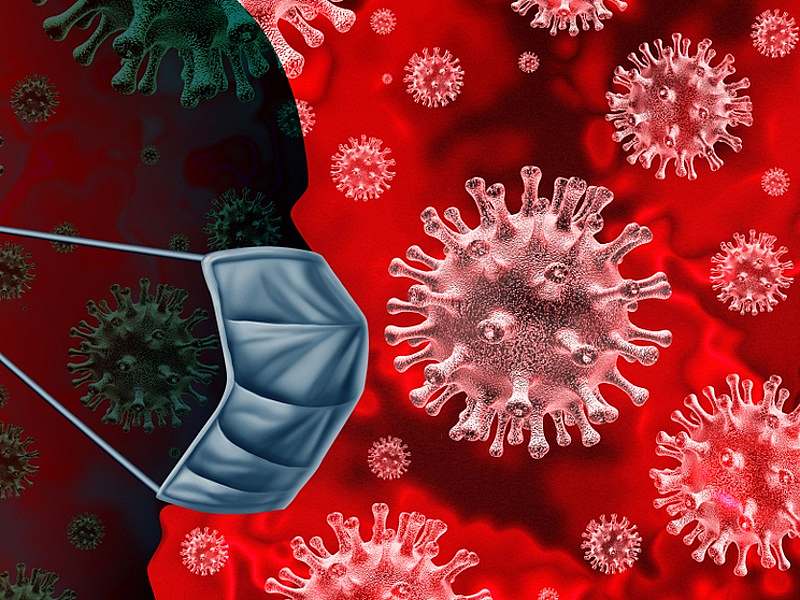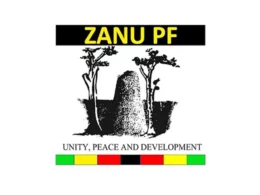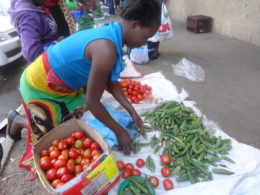World Health Organisation (WHO) head of pandemic response team and emerging diseases unit, Dr. Maria Van Kerkhove explains below the steps taken to track Covid-19 variants.
Here are the steps:
1) Surveillance.
“Making sure that we have really strong surveillance and strong testing around the World, so we know where the virus is circulating, we know where it is spreading most intensively and that testing has to be supported by sequencing,” said Dr. Van Kerkhove.
Dr. Van Kerkhove said it is important to enhance the surveillance systems on the ground.
“Countries are facing many challenges, Covid-19, as well as many challenges that they have to deal with, other diseases and so keeping up with surveillance, keeping up with testing and making sure that we have good tracking of this virus in adverse population, people who are over the age of 60, people with an underlying condition, immune-compromised patients to ensure we are really understanding how the virus is spreading, where the virus is spreading, is really critical and to maintain that on the ground on the third year is quite critical but it is fundamental to the control strategy of Covid-19 not only doing it to improve vaccine access as you hear us talking about a lot,” she said.
“We also need to maintain public health services like surveillance, testing, and sequencing, this is critical for us to determine how this virus is changing and importantly what that means for us in terms of our countermeasures looking at the public health and social measures, looking at the use of antiviral, looking at different therapeutics as well as ensuring that the Covid-19 vaccines remain effective.”
She added that Covid-19 vaccines remain incredibly effective at preventing severe diseases and death including against the latest variant of concern omicron.
“WHO is working with surveillance officers, public health officers, and expects around the World to track this virus. We work with our technical advisory group for various evolution to access each of the variants and the mutations that are being detected.”
2) Sequencing
She said sequencing has expanded dramatically over the last couple of years and this helps them to track how the viruses change.
“It is natural for viruses to change, the more the virus circulates the more opportunities it has to change. Strong surveillance, strong testing including strong sequencing helps WHO with Scientists around the World to look at those changes and determine which of those changes is important and why,” she said.
3) Which variants are currently circulating?
“There are five variants of concern that WHO is classifying as variants of concern at the Global level, the latest is omicron and in fact, we are following several sub linkages of omicron, you have heard us talk of BA.1 and BA.2. There are other sub linkages that are circulating as well,” said Dr. Van Kerkhove.
She added, “We work with Expects around the World to look at the characteristics of the variants of concern, are they more transmissible and Omicron is more transmissible in fact BA.2 one of the sub linkages is even more transmissible than BA.1
“We are also looking at the severity and looking at all these variants of concern causing more or less severe disease. We do know Omicron is less severe compared to Delta, the other variant of concern that was circulating. Omicron has now replaced Delta Worldwide and BA.2 is not more severe than BA.1, but we are also looking at antivirals, vaccines, and again our vaccines remain incredibly effective in preventing severe disease and both sub linkage BA.1 and BA.2,” said Dr. Van Kerkhove.








